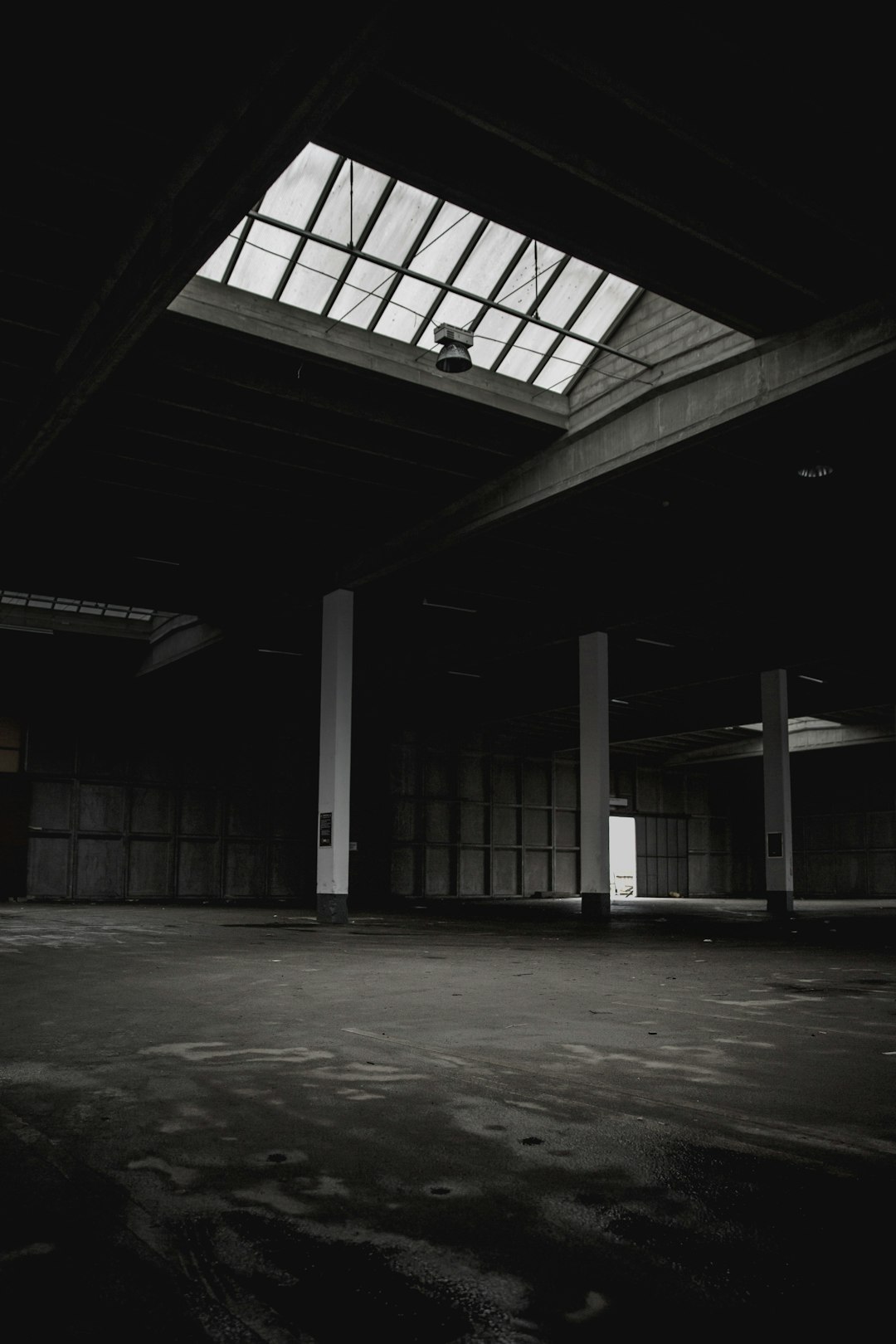If you’re a homeowner, you know that your house is your biggest investment. And, one of the most important parts of your home is the basement. However, basements are prone to water damage due to their location below ground level. This is where basement waterproofing comes in.
Basement waterproofing is the process of making your basement resistant to water and moisture. It’s important to ensure that your basement is waterproof because this can help prevent mold growth and other water-related problems that can damage your home.
There are several ways to waterproof your basement. One way is to install an interior drainage system. This system collects water that seeps into your basement and channels it away from your home’s foundation. This is especially important if your home is located in an area with heavy rainfall.
Another option is to apply a waterproof coating to your basement walls. This coating is a type of paint that seals the walls and prevents water from seeping in. This is a great option if your basement tends to be damp or if you notice water stains on the walls.
If you’re building a new home, you may want to consider building a raised foundation. A raised foundation is when your home is built on a higher level than the ground around it, which can help prevent water from seeping into your basement.
No matter what method you choose, it’s important that you make sure your basement is properly waterproofed. This can help prevent water damage and save you money in the long run.
If you’re not sure whether or not your basement is waterproofed, there are a few signs to look out for. These include:
- Damp or musty odors in your basement
- Cracks in your basement walls
- Water stains on your basement walls or floor
- Wet spots or puddles on the basement floor
- Mold growth in your basement
If you notice any of these signs, it’s important to take action right away. Water damage can be expensive to repair, and it can also pose a health risk if mold is present.
Basement waterproofing is an important investment that can help protect your home and prevent costly repairs. While it may seem like an unnecessary expense, it’s much cheaper than dealing with water damage in the long run.
In addition to keeping your basement dry, there are a few other things you can do to prevent water damage in your home. These include:
- Regularly cleaning gutters and downspouts to prevent water from backing up
- Installing a sump pump in your basement to remove excess water
- Ensuring that your home’s grading slopes away from the foundation
- Checking for leaks in your plumbing and fixing them right away
By taking these steps, you can help protect your home from water damage and ensure that it stays in good condition for years to come. Remember, prevention is key when it comes to basement waterproofing. It may seem like an unnecessary expense, but it’s a small price to pay to protect your biggest investment.










